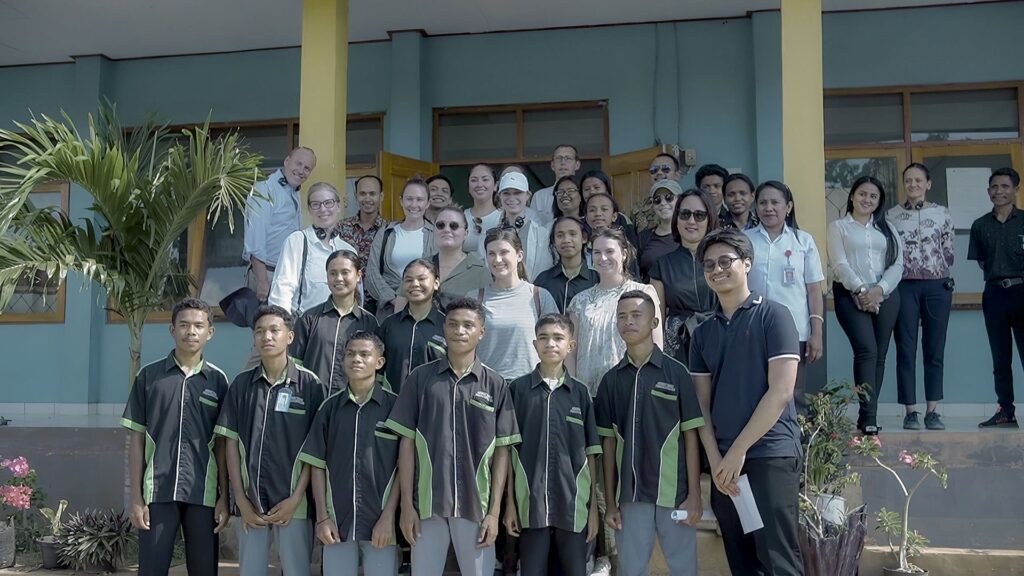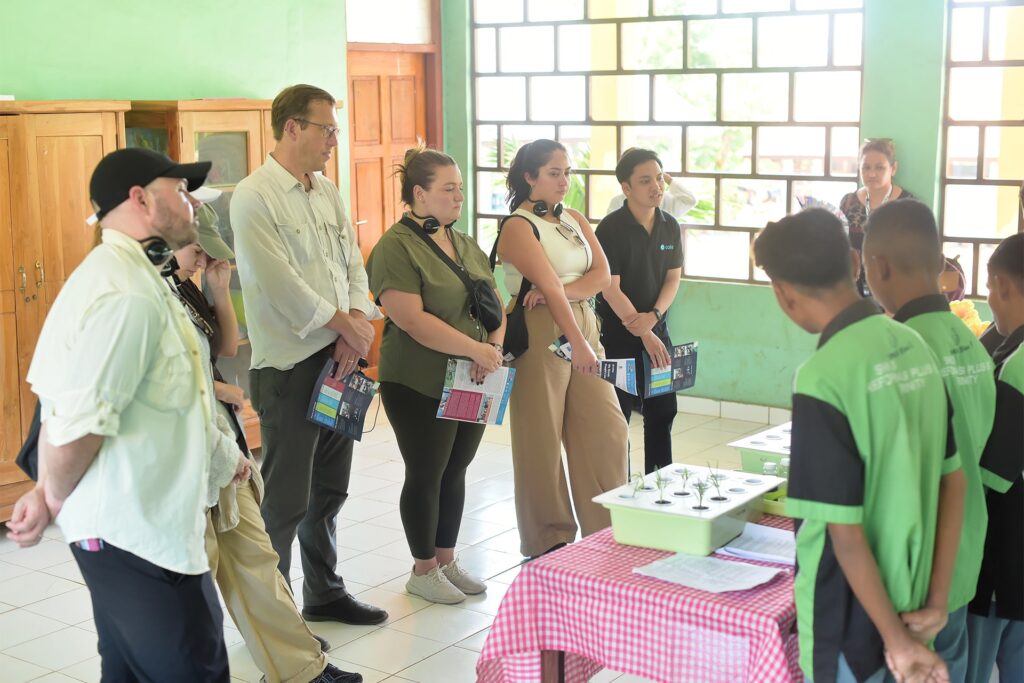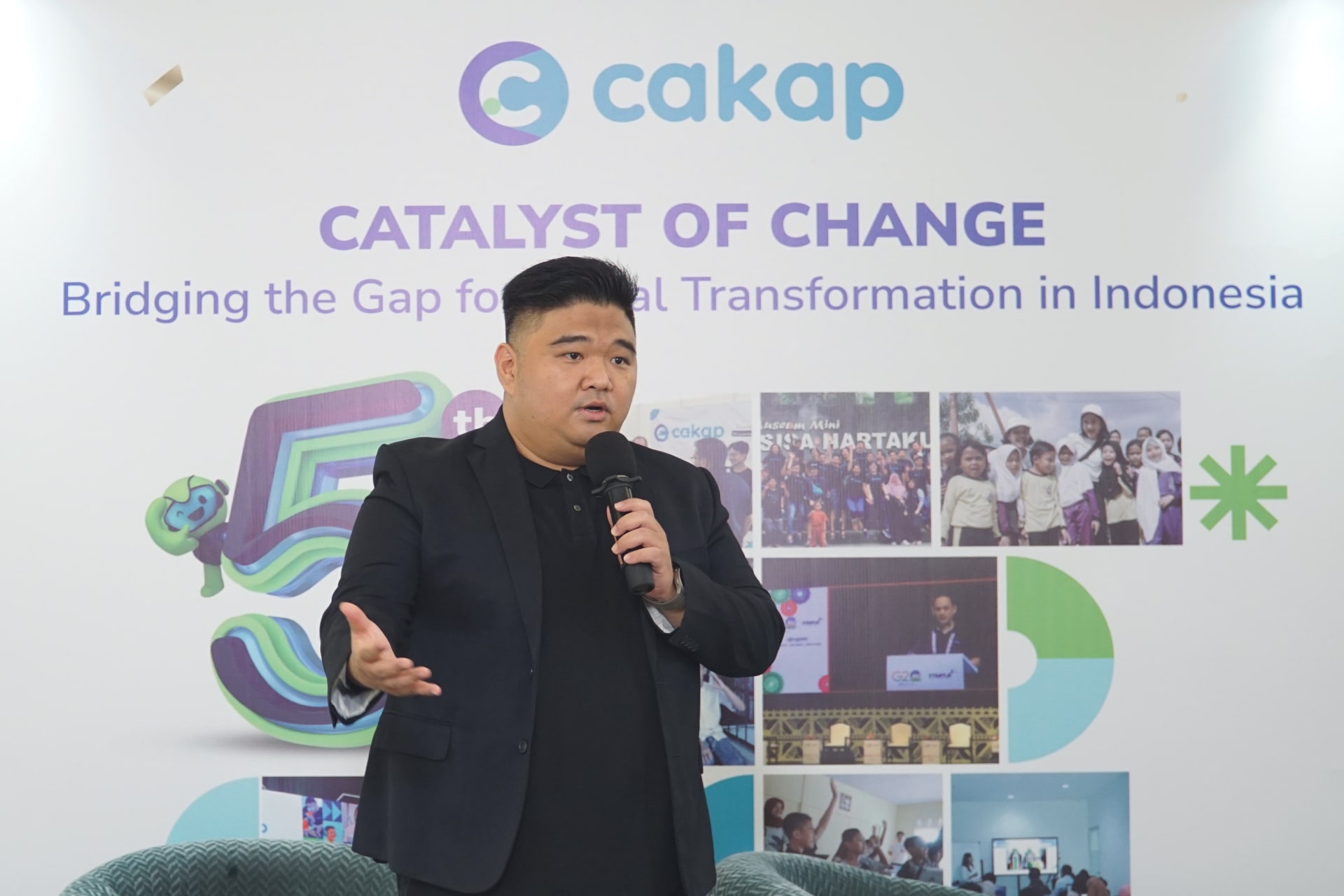Cakap, an Indonesian education platform, has teamed up with the United Nations Development Programme (UNDP) and the Indonesian Environment Fund (IEF), locally known as Badan Pengelola Dana Lingkungan Hidup (BPDLH), to roll out an educational initiative in Kupang, Indonesia. Launched under UNDP’s Catalytic Fund program in May 2024, this six-month initiative blends English language instruction with hydroponic farming skills, aiming to equip Kupang’s youth with essential skills to thrive in the face of economic and environmental challenges.

Kupang, a city of about 444,660 residents as recorded in the 2023 year-end data from Dukcapil, Indonesia’s Directorate General of Population and Civil Registration, faces significant educational and employment hurdles. Only 14.97% of Kupang’s population is believed to pursue higher education, with local labor data indicating approximately 8,608 unemployed individuals spread across six districts and 51 villages. A lack of educational attainment and limited access to skill-building programs have constrained the local labor market, particularly in skills like foreign language proficiency that are increasingly vital in today’s economy.
This initiative has drawn strong support from the Indonesian government through BPDLH, which champions sustainable development in areas facing hardship. Over 700 students from 30 schools across 12 cities are reported to be participating, with a particular focus on “3T” regions: frontier, outermost, and disadvantaged areas.
Kupang was selected as a priority due to its low educational levels, high stunting rates, and agricultural vulnerability to climate change. For instance, recent research from the Faculty of Agriculture at Undana University in Kupang warns of anticipated crop failures as early as 2024 due to irregular rainfall patterns and extreme climate shifts impacting the region’s primary industries.
In addition, English language proficiency is considered pivotal for Kupang, given its potential as a tourism hub with attractions like Tablolong Beach and Crystal Cave. By training students in English, the initiative hopes to enable them to engage with and contribute more effectively to the tourism sector, supporting economic growth in a region where tourism holds untapped potential.
Beyond language skills, students are also gaining hands-on experience with hydroponic farming, an innovative response to Kupang’s water scarcity and soil degradation issues. By adopting hydroponic techniques, the initiative promotes sustainable agricultural practices that could bolster food security, strengthen local livelihoods, and encourage resilience against climate impacts.

Tomy Yunus, co-founder and CEO of Cakap, expressed optimism about the long-term impact of this initiative, which he believes will elevate human resource quality across the nation. “Seeing the younger generation excited to learn and proficient in expressing in English what they have learned in class is an achievement to be proud of,” Tomy said. “It is an honor for us to continue contributing directly, as what we do in schools in Kupang, to improve their quality of life.”
The collaboration with UNDP’s Catalytic Fund not only aims to empower Kupang’s youth but also aspires to set a precedent for similar initiatives in other underserved regions. By preparing young people with relevant skills and fostering sustainable practices in agriculture, this initiative could serve as a blueprint for broader community empowerment and resilience.
This article was written in partnership with Cakap.

